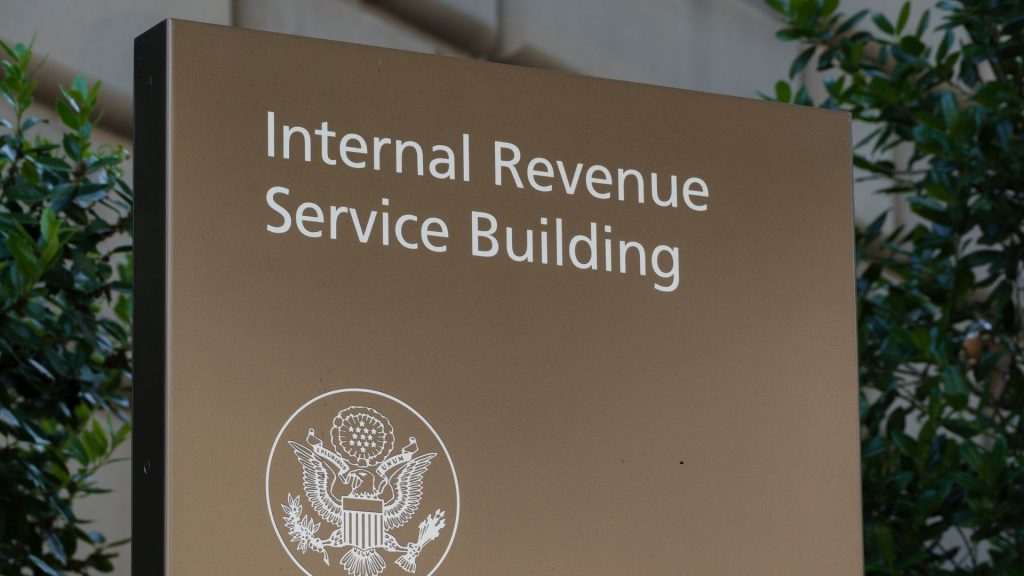IRS says pastors can endorse politicians without losing tax-exempt status

The Internal Revenue Service will now allow church officials to make statements in support of political candidates. The agency filed a joint court filing with an organization suing them in order to strike a deal.
National Religious Broadcasters (NRB) is an Evangelical media group that filed suit against the IRS over the Johnson Amendment.
The Johnson Amendment
The NRB filed suit in August 2024 over the Johnson Amendment, which has been in place since 1954. It was named after then-senator and future President Lyndon B. Johnson.
That amendment to the U.S. tax code prohibits tax-exempt organizations, like churches, from endorsing or opposing any political candidate.
The NRB and its fellow plaintiffs argued that the amendment violates their First Amendment rights, including freedom of speech and freedom of religion.
“For too long, churches have been instructed to remain silent on pressing matters of conscience and conviction during election season or risk their 501(c)(3) status,” NRB President & CEO Troy A. Miller said in a statement. “We believe that all nonprofits should have the constitutional right to freely express their point of view on candidates, elections, and issues on the ballot.”
Ending a lawsuit
The two sides have now filed a joint court filing, aiming to bring the suit to a close.
The plaintiffs had originally asked the courts to rule that all nonprofits, religious or not, were free to endorse political candidates.
Instead, according to the new filing, the IRS agreed to carve outs only for houses of worship. They compared political discussion in houses of worship to “a family discussion concerning candidates.”
“Communications from a house of worship to its congregation in connection with religious services through its usual channels of communication on matters of faith do not run afoul of the Johnson Amendment as properly interpreted,” the IRS said in the filing.
Johnson Amendment battle
The Johnson Amendment first came into play when Johnson ran for reelection in Texas in 1954. His campaign was being attacked by nonprofit groups like the Facts Forum and the Committee for Constitutional Government, who were using tactics similar to Sen. Joseph McCarthy, the man behind the Red Scare.
The concern is that politicians could use nonprofits as a way to funnel campaign money tax-free.
“This court filing is deeply concerning, furthering an assault on the bedrock principle that charitable organizations must remain nonpartisan in law, fact, and purpose in order to serve their missions and communities,” said Diane Yentel, Pres. and CEO of the National Council of Nonprofits, which represents around 30,000 groups. “This action – long sought by President Trump – is not about religion or free speech, but about radically altering campaign finance laws.”
President Trump has said in the past he’d like to completely get rid of the Johnson Amendment. He has also endorsed placing the Ten Commandments in schools and made over $1.3 million selling his own Bibles last year.
He’s also received support from evangelical leaders on the campaign trail, like Billy Graham’s son, Franklin Graham, and Liberty University President Jerry Falwell, Jr. That’s partly because the IRS has rarely enforced the Johnson Amendment to begin with. Earlier this year, two Republican congressmen introduced bills in the House and Senate to fully repeal the Johnson Amendment. Both are currently sitting on different committees.





